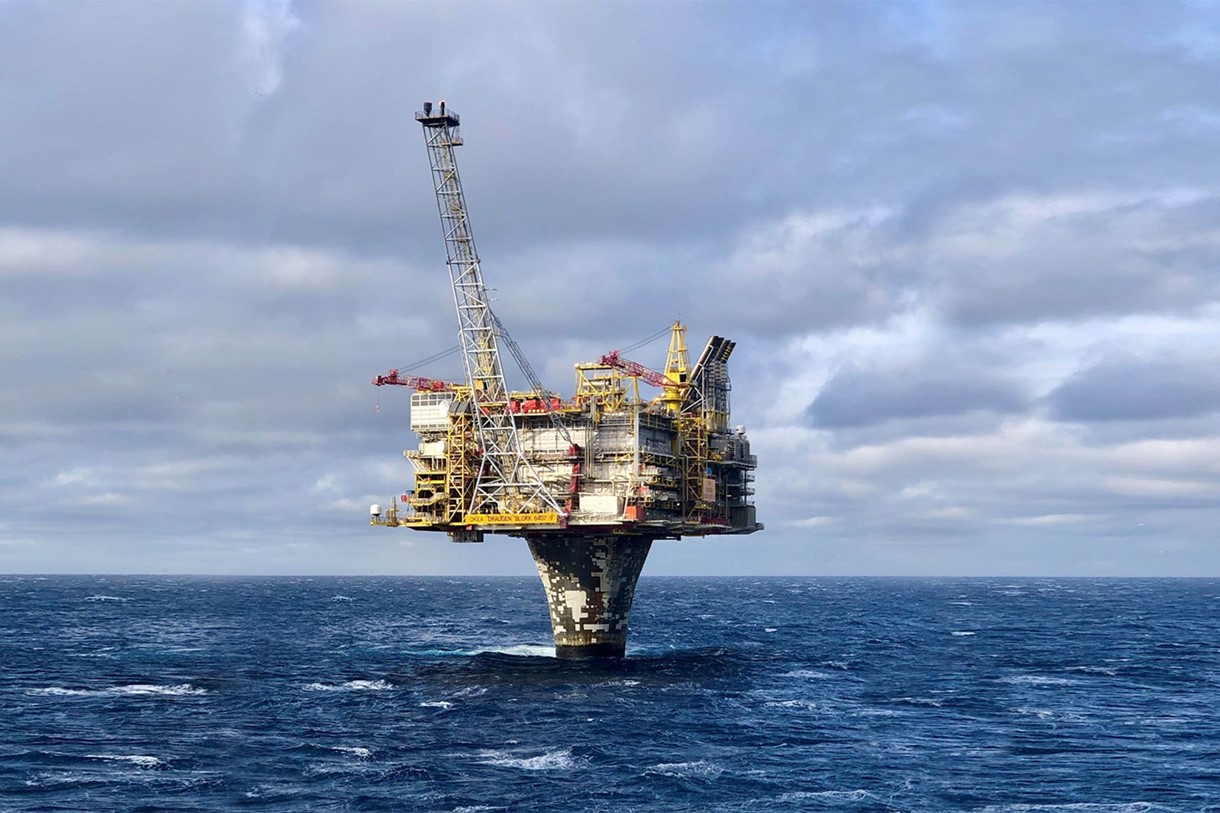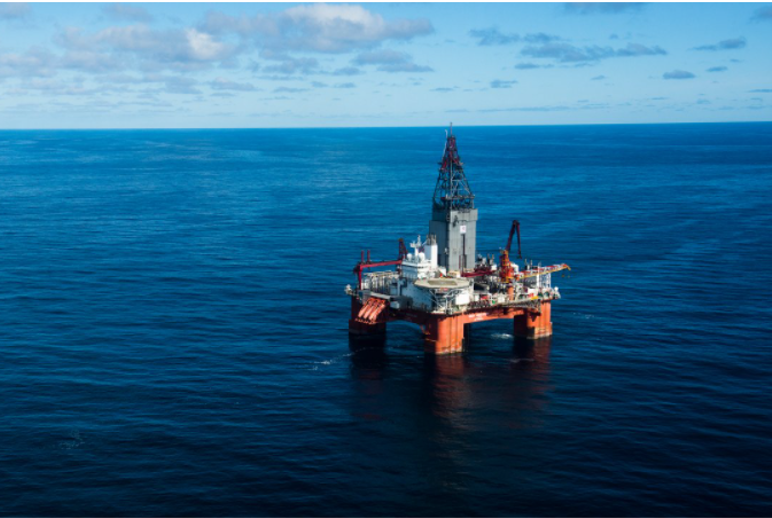Norway’s Minister of Finance Siv Jensen announced on Friday that the Norwegian sovereign wealth fund (known as the Government’s pension fund) will not invest anymore in companies whose only activities are within exploration and production of oil and gas. The reason behind this is that the fund would not be as reliant on oil prices.
For now, large oil majors which both explore for and refine oil, such as Shell, BP, Exxon and Total, are not affected but instead the Finance department is recommending the sale of smaller oil firms which focus on finding and drilling oil, of which Norway owns about $8bn.
The advice follows a report form Norway’s central bank in 2017 that dropping oil and gas investment would be a good economic move. “Oil will still be central to Norway’s economy for many years. This is just a way to spread the risk.” says Siv Jensen.
The government recommendation must still be approved by the parliament.
Sensible move
Norway has been sensible all along when it comes to how it spends its large income form the oil and gas industry. The existence of the fund itself and its way to invest a significant part of the oil and gas wealth for future generations is a prime example of being sensible.
But-as pointed out by BBC– if you make all your money out of producing and selling oil and gas, putting all your savings in oil and gas is not very sensible. Nor is putting all your eggs in one basket.
Shares in oil and gas companies fell slightly as expected but Norway is not going to sell all the shares immediately or all at once so the effect will be minor.
…or a bad example?
Although both the Ministry of Finance and the Central Bank stress that the exit from oil and gas shares form the fund is purely based on economic grounds, voices are raised that this is the first step of Norway to exit the oil and gas industry altogether. This will not happen overnight of course.
The question is if this decision will have an influence on future investments in the oil and gas industry. The industry has just started to recover from the oil price crash and is dependent on investments. Is the government giving a bad example here?
And then the discussion about the climate and renewable energies for the future is involved as well. Companies that are investing in renewables will stay as an investment in the fund, as renewable energy will most likely be growing on the market in the next 10 years according to Norway’s Finance Department. So put very simple the message for the general public is: oil and gas is bad for the climate and Norway does not want to invest in it anymore.





